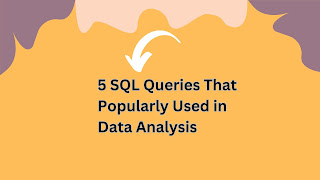Python language is popular in many areas. Below are the real uses of Python. Surely, many developers confuse to tell all the applications. So I have listed for quick reference.
8 Python Real Application Uses
#1. Python Application use - Python Scripts
Very much popular in scripting. You can write scripts in many areas. Like Interfaces, to access files, to access database, and to access the application programs.
#2. Python Application use - Python in Web Development
You can use Python in Web development. There are powerful Python frameworks present such as Django, Flask, Web2Py, and Pyramid. You can develop an application in IoS/Android/Windows.
#3. Python Application use - Graphical User Interface
You can develop applications, which need access to GUI. The libraries and APIs like Tkinter, PyQt, PyGTK, and wxPython allow developers to develop GUI-based apps with simple or complex interfaces.
#4. Python Application use - System Programming
You can use it in System Programming. Like Protocol management, and OS operations. The Python Standard Library (PSL) has OS and POSIX bindings, which can be used for handling files, multi-threading, multi-processing,
environment variables, controlling sockets, pipes, and processes.
#5. Python Application use - Access to database
Python is used to connect and
access data from different types of databases, be it SQL or NoSQL. APIs and connectors exist for these databases like MySQL, MSSQL, MongoDB, Oracle, PostgreSQL, and SQLite. In fact, SQLite, a lightweight relational database, now comes as a part of the Python standard distribution.
#6. Python Application use - Scientific Applications
Very much popular in Scientific Computing and Numerical Analysis.
#7. Python Application use - Machine Learning/Deep Learning
Python has many libraries and frameworks like Scikit-Learn, h2o, TensorFlow, Keras,
PyTorch, and even core libraries like NumPy and SciPy for not only
implementing machine learning algorithms but also using them to solve
real-world advanced analytics problems.
#8. Python Application use - Text Analytics
Python can handle text really well and this has led to several
popular libraries like NLTK, Gensim, and spaCy for natural language
processing, information retrieval, and text analytics. You can also
apply standard machine learning algorithms to solve problems related to
text analytics.
Reference Books
- Text Analytics with Python: A Practitioner's Guide to Natural Language Processing, Second Edition
- Derivatives Analytics with Python: Data Analysis, Models, Simulation, Calibration, and Hedging
- Python Projects
Reference Blogs



.jpg)

Comments
Post a Comment
Thanks for your message. We will get back you.